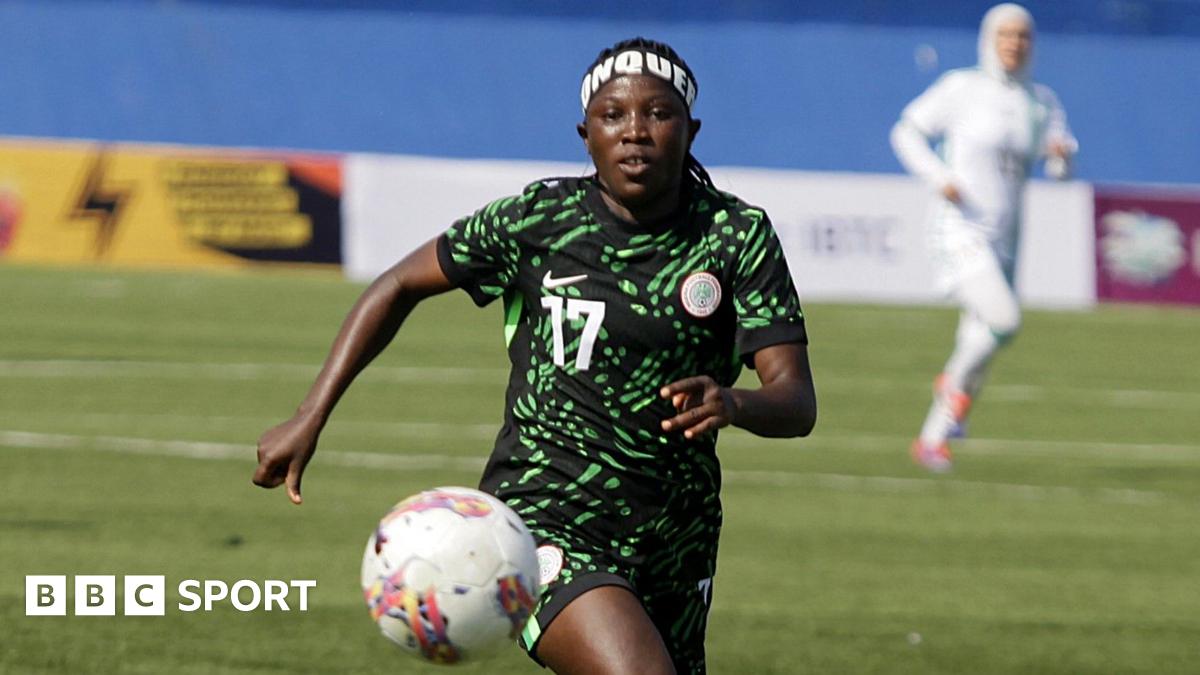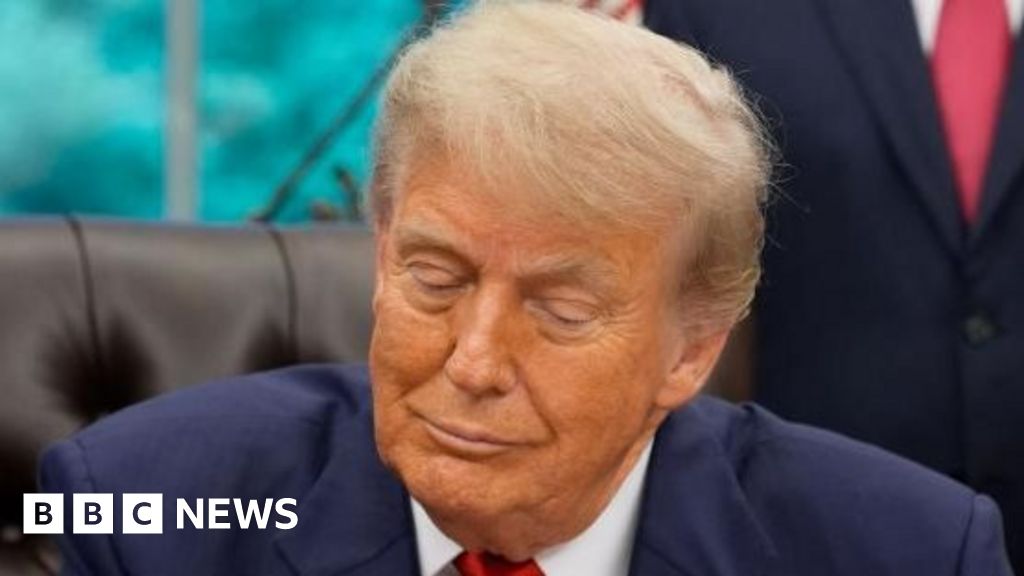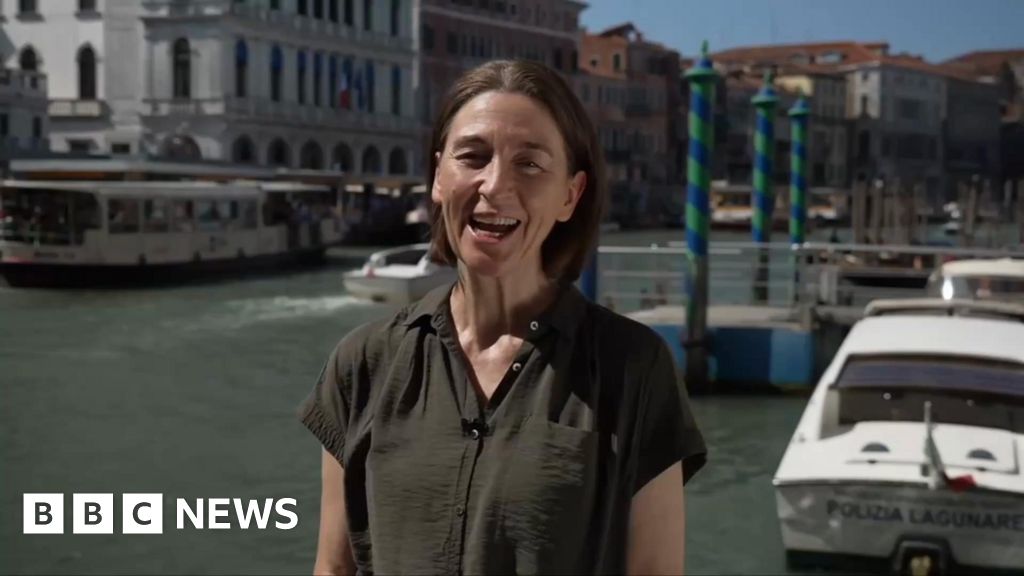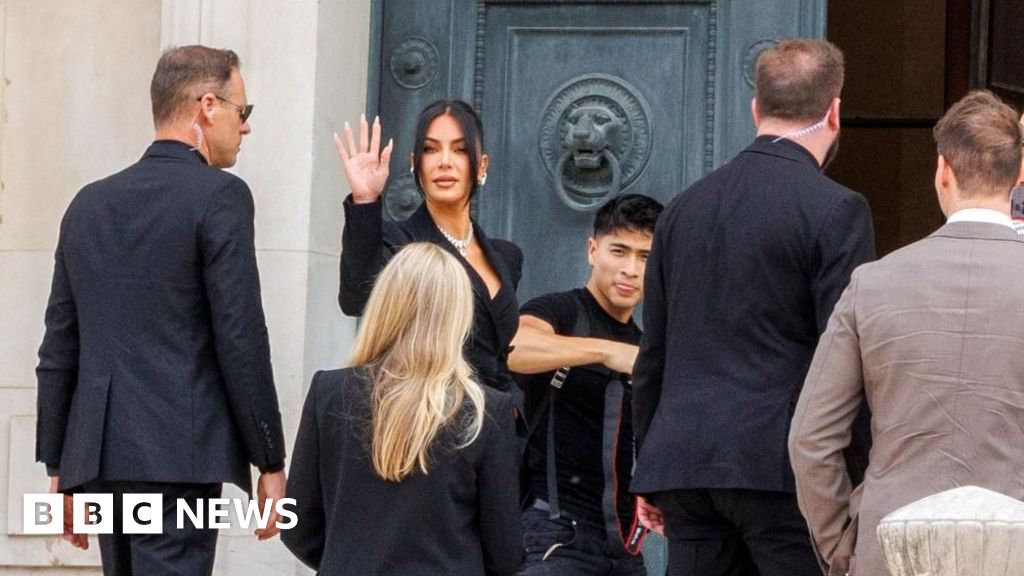Iran has proposed the creation of a joint nuclear enrichment venture involving regional Arab countries and American investments as an alternative to Washington’s demand that it dismantle its nuclear program, according to four Iranian officials familiar with the plan.
Iran’s foreign minister, Abbas Araghchi, proposed the idea to an American special envoy, Steve Witkoff, when the two men held direct and indirect talks in Oman on Sunday, according to the four Iranian officials. They asked not to be named because they were discussing sensitive issues.
On Tuesday several Iranian media outlets published front-page accounts of Iran’s “new plan on the negotiating table.” One of those outlets was the newspaper Farhikhtegan, which is affiliated with the Revolutionary Guards Corps. It raised the question of whether the proposal was “a service or treason.”
Mr. Witkoff’s office, the State Department and the National Security Council did not respond to requests for comment about the negotiations.
It was not immediately clear how feasible a regional nuclear venture might be if it involved Iran and two of its biggest rivals, Saudi Arabia and the United Arab Emirates.
Iran and the United States have not had diplomatic relations for 45 years, and private American companies may also be reluctant to invest in Iran’s nuclear reactors.
President Trump, on a visit to Saudi Arabia on Tuesday, criticized Iran over its support for proxy militant groups in the Middle East, but he said that a diplomatic resolution with Iran would make the region safer.
“I want to make a deal with Iran,’” Mr. Trump said. “If I can make a deal with Iran, I’ll be very happy, if we’re going to make your region and the world a safer place.”
But Iranian leaders, he warned, need to make a decision soon, or else they will face still more economic pressure from sanctions. “The time is right now for them to choose,” he said. “ Right now, we don’t have a lot of time to wait.”
Iran’s proposal entails the establishment of a three-country nuclear consortium in which Iran would enrich uranium to a low grade, beneath that needed for nuclear weapons, and then ship it to other Arab countries for civilian use, according to the four Iranian officials and news reports.
A deal that would allow Iran to enrich uranium to 3.67 percent would bear similarity to the 2015 nuclear agreement between Iran and world powers. But a major difference would be the on-the-ground presence of representatives from other countries — perhaps even the United States — to provide an extra layer of oversight and involvement.
The four Iranian officials said that unlike the 2015 nuclear deal, which had a 15-year expiration date, the joint venture plan would be permanent. That would allow Mr. Trump, who pulled the United States out of that deal, to argue that he had obtained significantly more from Iran than President Barack Obama did.
Ali Vaez, the Iran director of the International Crisis Group, said that while the venture idea was new and untested, the negotiators needed to try a different approach. “They basically are at a point where they must move beyond the maximum zero sum demands in order for both sides to save face,” he said.
Before Sunday’s talks in Oman, it appeared that Iran and the United States were heading into an impasse, raising the risk of a military confrontation. Iranian and American officials have both said they want to avert war and resolve the standoff diplomatically.
After weeks of contradictory remarks about what exactly Washington was demanding from Tehran, Mr. Witkoff told Breitbart News in an interview that the United States sought to completely dismantle Iran’s nuclear program, meaning no enrichment, and shut down its three key facilities in Natanz, Fordow and Isfahan.
Iranian officials have said many times that shutting down the nuclear program would constitute a red line, and Mr. Araghchi, the foreign minister, quickly responded to Mr. Witkoff in interviews with Iranian media. Iran, he said, had paid “with blood” for its civilian nuclear program — a reference to nuclear scientists assassinated by Israel. Its right to enrich uranium to a civilian grade, he said, was a matter of “national pride” and nonnegotiable.
But after Mr. Witkoff and Mr. Araghchi met for three hours in Oman, both sides emerged with a conciliatory tone, describing the negotiations as productive and encouraging. They said talks would proceed to expert technical teams that typically negotiate details around nuclear facilities and financial issues related to sanctions relief.
Oman’s foreign minister, Badr Albusaidi, said in a social media post that the talks Sunday had included “useful and original ideas reflecting a shared wish to reach an honorable agreement.”
Mr. Araghchi visited Saudi Arabia before meeting the Americans and traveled to the United Arab Emirates immediately after meeting Mr. Witkoff.
It was not immediately clear whether Saudi Arabia and the U.A.E. are interested in a joint nuclear venture with Iran.
Both countries have said they are eager for a deal between Tehran and Washington to avoid a regional war, but they also both have ambitions to build civilian nuclear programs.
In 2020, the Emirates became the first Arab country to open a nuclear power plant, saying it needed nuclear energy to reduce its reliance on oil, but its agreement with the United States forbids it from enriching uranium. That raised concerns that it could set off a race among Arab nations for nuclear programs.
Seyed Hossein Mousavian, a former Iranian diplomat and member of its nuclear negotiating team in 2015, originally wrote about the idea of a regional nuclear consortium in 2023 in an article in the Bulletin of the Atomic Scientists. Mr. Mousavian, now a scholar at Princeton, wrote it with physicist at that university, Frank von Hippel.
In an interview, Mr. Mousavian said that if the proposal moves forward, it would address several of America’s concerns. It would remove the immediate threat of Iran’s nuclear program by reducing its enrichment capacity and stockpile. He said it would also address longer-term concerns about Iran reversing course, as it did a year after Mr. Trump exited the nuclear deal in 2018.
“If Trump announces a regional nuclear deal, it will be big victory,” Mr. Mousavian said. “It removes the immediate and future threat from Iran and contains enrichment ambitions in the region and brings new deals for Americans.”
Source link















